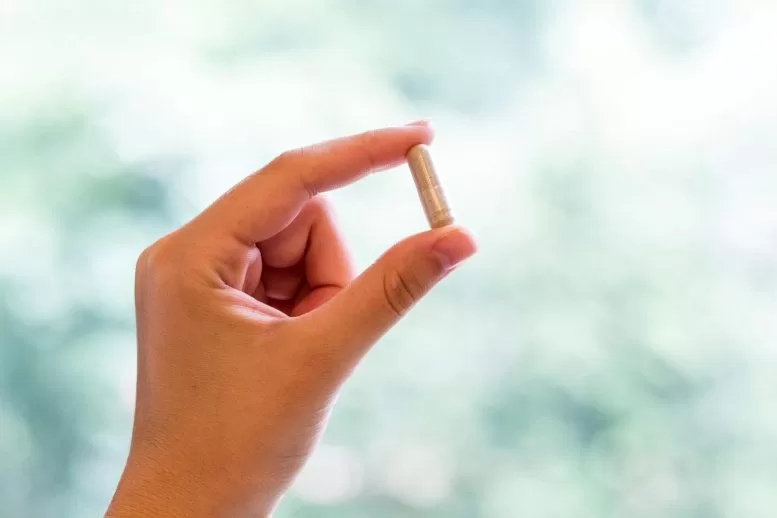February 5, 2025
A groundbreaking study from the Centre for Addiction and Mental Health (CAMH) is offering new hope for those affected by Alzheimer’s disease, with an experimental drug demonstrating the potential to restore memory and cognitive function. Published recently in Neurobiology of Aging, the study reveals that the drug GL-II-73 significantly improves memory and reverses brain cell damage in a mouse model of Alzheimer’s, marking a promising step toward delaying the disease’s progression and potentially preventing further brain damage.
Alzheimer’s disease, the most prevalent form of dementia, affects nearly 50 million people worldwide. This progressive neurological condition leads to severe memory loss, cognitive decline, and changes in behavior, drastically impacting both patients and their families. Despite ongoing research, there are currently no treatments that fully slow or reverse cognitive decline in Alzheimer’s patients.
The CAMH study, led by Dr. Etienne Sibille and Dr. Thomas Prevot, builds on 12 years of research into the brain pathways involved in Alzheimer’s and related cognitive disorders. Both researchers emphasize that GL-II-73 represents a novel treatment approach, targeting the root cause of memory loss—something no current drug can do.
“We have uncovered a critical vulnerability in brain pathways impacted by Alzheimer’s and other cognitive disorders, and this drug holds promise as a novel treatment,” said Dr. Sibille. “By restoring neural function and reversing memory deficits, GL-II-73 could offer an early intervention for Alzheimer’s.”
The researchers tested GL-II-73 on both young and older mice, representing early and late stages of Alzheimer’s. The study included two groups: normal mice and genetically engineered mice prone to developing beta-amyloid buildup, a hallmark of Alzheimer’s. The mice were treated with either a single dose or chronic treatment of GL-II-73 for four weeks, followed by memory performance testing.
The results were remarkable. In early-stage models, a single dose of GL-II-73 reversed memory deficits, allowing treated mice to perform as well as healthy controls. Chronic treatment for older mice with more advanced stages of Alzheimer’s also improved memory, albeit less effectively, suggesting the drug could help even in later stages of cognitive decline.
Unlike many existing treatments that focus on beta-amyloid accumulation, GL-II-73 targets GABA receptors in the hippocampus, a brain area vital for memory and learning. This unique approach allows the drug to restore brain function and repair damaged neural connections, a breakthrough not seen in current treatments.
“This drug has shown incredible potential in restoring cognitive function in a mouse model of Alzheimer’s, particularly when administered early,” said Dr. Prevot. “It not only improved memory but also promoted the growth of neural connections—essential for learning and memory. This could be a crucial step forward in treating Alzheimer’s and other cognitive disorders.”
The promising results have already attracted attention from the pharmaceutical world. In 2019, Dr. Sibille and his team established Damona Pharmaceuticals, a spinoff company dedicated to commercializing the research. With seed-stage financing from top venture capital firms, Damona Pharmaceuticals is advancing the development of GL-II-73 and has already received U.S. Food and Drug Administration (FDA) clearance to begin human clinical trials in 2025.
“Damona Pharmaceuticals was founded to focus on treatments that reverse cognitive deficits and improve life for patients living with Alzheimer’s, depression, schizophrenia, and other brain disorders,” said John Reilly, CEO of Damona Pharmaceuticals.
The next major step is a Phase 1 clinical trial slated for the first half of 2025, with the goal of testing GL-II-73 in humans.
While this study offers significant hope for future Alzheimer’s treatments, it is important to note that further research and clinical trials are necessary to fully understand the safety and efficacy of GL-II-73 in human patients. As of now, the findings are based on animal models, and the drug has yet to undergo human trials.
Disclaimer: The findings in this study are based on preclinical trials and have not yet been tested in human patients. Additional research is needed to confirm the drug’s effectiveness and safety for human use.
For more information, refer to the study: Ashley M. Bernardo et al, Procognitive and neurotrophic benefits of α5-GABA-A receptor positive allosteric modulation in a β-amyloid deposition mouse model of Alzheimer’s disease pathology, Neurobiology of Aging (2024).











